By Dr. Suleiman Walhad
February 7th, 2023
Prior to forty years ago, there was no discussion of famines and droughts in the Horn of Africa States. But these two terms have become synonymous with the region since then. That period is also associated with failure of governance in the region. Forty years ago, the region was a haven of the socialist camp with Mengistu Haile Mariam in control in Ethiopia and Mohamed Siad Barre in control of Somalia and the two were wrongly at each other’s throats and for the wrong reasons. Their struggle against each other has handed the region to the whims of what is generally termed as the international community, a cover for a mix of governments, NGOs, mercenaries, money-launderers, and multi-national organizations, who prey on the weak and the unsuspecting. Their activities are often defined as peacekeeping, counterinsurgency, and assistance. They all exploit the greed of some of the local politicians and humanitarian organizations and the sum total of these local actors and the international community has rendered the region ungovernable, volatile and unstable.
The Horn of Africa States has always attracted the attention of the known worlds for it is strategically located, providing a connection of the three continents of Africa, Asia and Europe. It is a passageway for both people and goods from time immemorable. There are, therefore, major great powers competing over the region. At one time it was the West and East and today it is the United States and China, with Europe and Russia both playing their supports, respectively. There are also lesser powers competing in the region represented by the Saudi-Emirates-Egypt axis on one side and Turkey-Qatar alliance on the other side.
In the process governance in the region is confused and unable to manage their own countries as they should. They have no breathing moments for they are constantly reminded by one or the other of the various contenders for the region’s influence on what they would miss if they do not act in certain ways. It is why it is necessary for the regional states to sit down together to create a better negotiating front in the form of a region, instead of being individually targeted, both at the personal and national levels.
The region’s leadership should not let matters take their own course but should stem and stop the wrong directions in which it is being pulled. A collective bargaining would naturally be better than the individual bargaining for they would have to bargain with all the forces in the international community as defined earlier.
Taking advantage of the natural wealth of the region together such as the sea and ocean, the river waters and the large population and the underground mineral wealth should give the leadership some clout if they work together. The region has been made to be busy on itself through foreign-driven terror, clan and tribe competition and natural greed of some of its citizens.
Leadership is not only the ruling parties but a collection of the ruling parties and the opposition parties. Where the opposition parties only take on the responsibility to destroying the ruling parties with the hope of taking over the mantle, is a recipe for disaster and this is how governance in the region has been molded in the past forty odd years. It is perhaps time the opposition and the ruling parties, for once, worked together for the development of the region and not the continuation of the pathetic status quo of today.
..
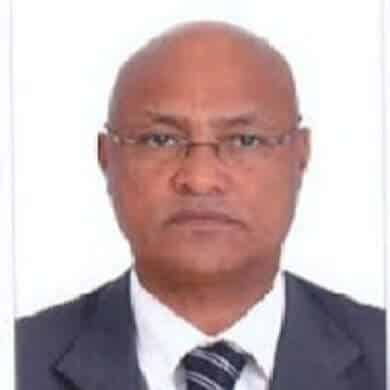
An independent global policy and research think tank institute, which aims to promote and create an integrated Horn of Africa States consisting of its four members of the SEED countries, an acronym for Somalia, Ethiopia, Eritrea and Djibouti, through cutting edge engagement with universities,, public and private enterprises, civil societies, governments and institutes and providing constructive platforms, literature and presentations to persuade the people of the Horn of Africa States towards the path of lasting peace and prosperity and unity in diversity.

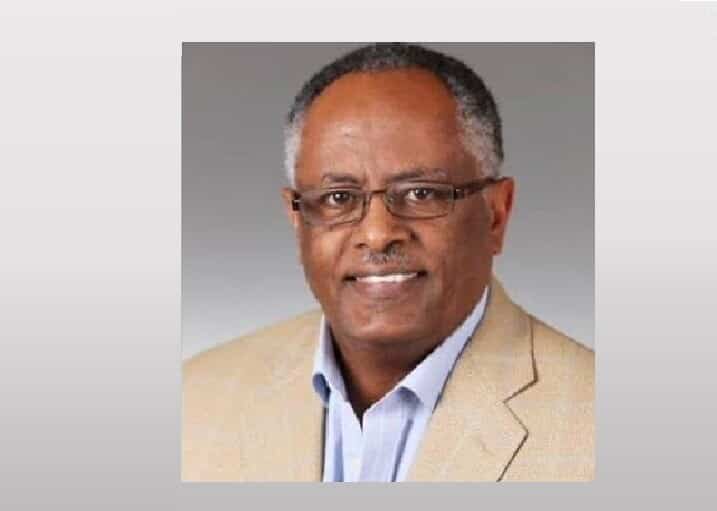
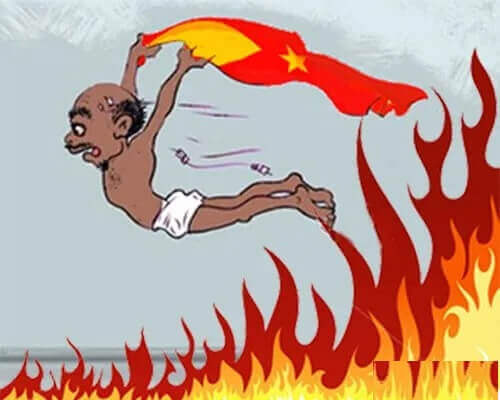
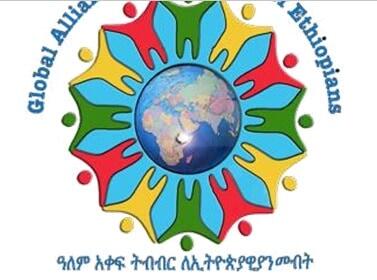

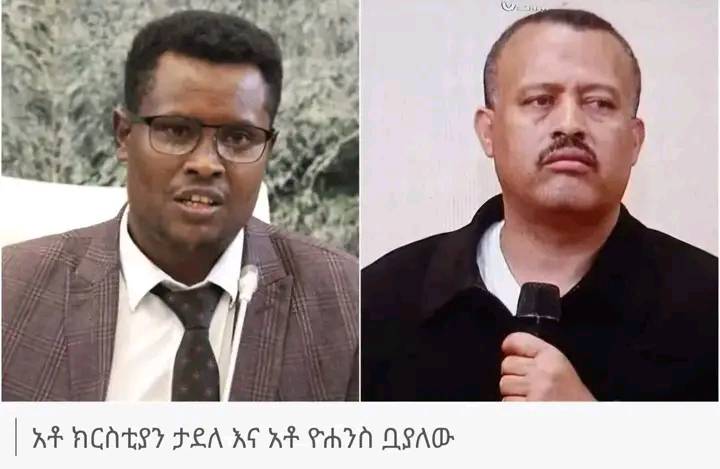


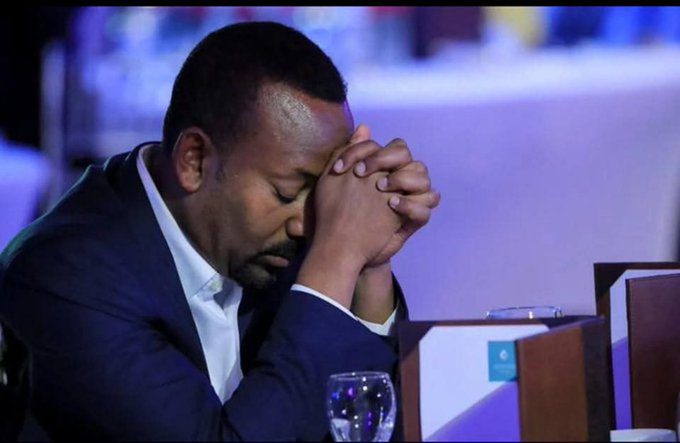




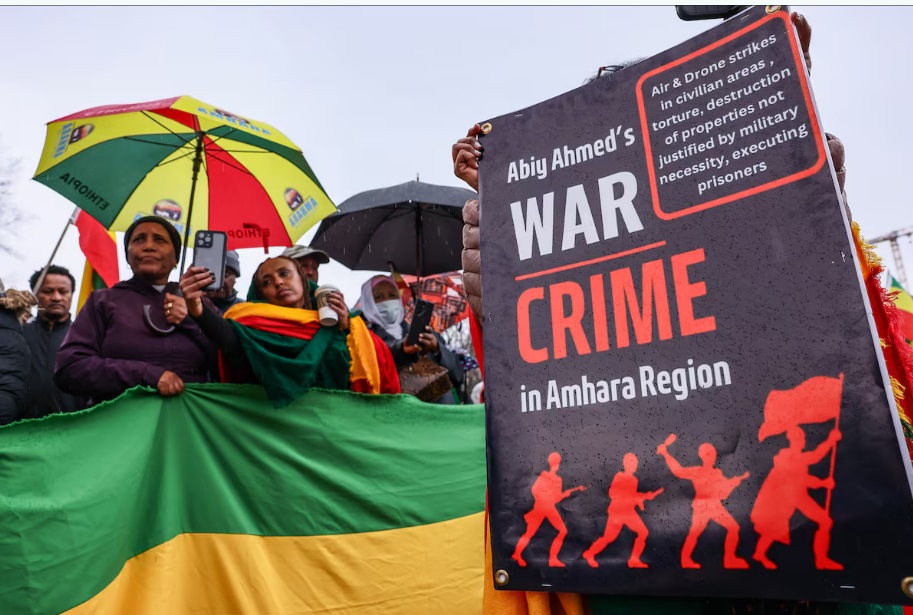

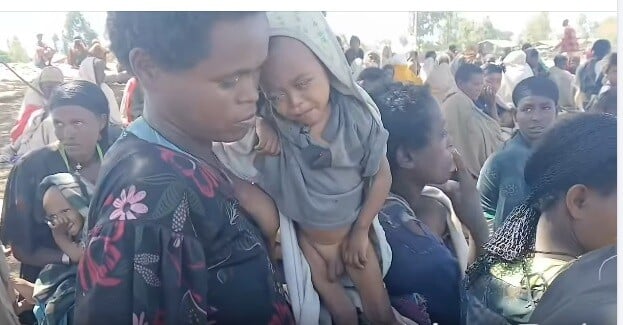


As usual another masterpiece by the gem of HOA.
I want to interject something here that is not related to the old country but it will affect members of our Diaspora living in northern New Zealand. Cyclone Gabrielle is heading your way and is gunning on the Auckland area as Cat. 2 cyclone by this coming Sunday. There has been reports that the city is already dealing with destructive flooding. Stay safe!